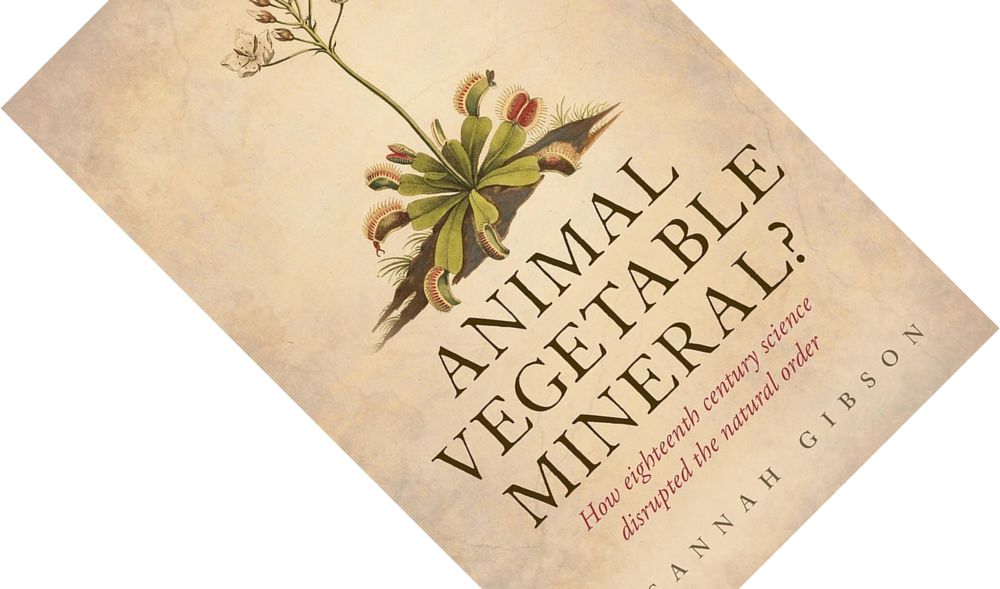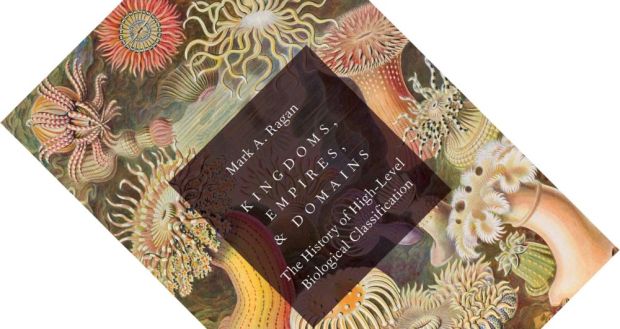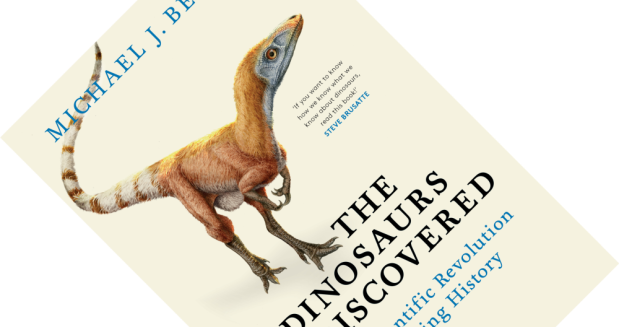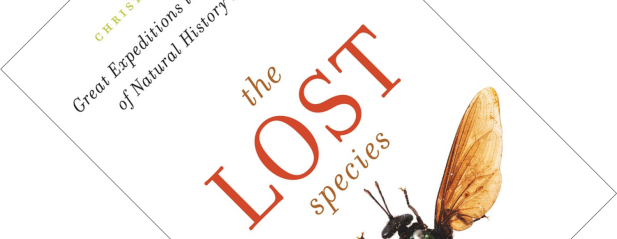8-minute read
keywords: history of science, taxonomy
As a bonus to conclude my (now) four-part review series on the history of taxonomy, I am looking back to Susannah Gibson’s 2015 Animal, Vegetable, Mineral? After dealing with biographies of Linnaeus and Buffon, and then Ragan’s Kingdoms, Empires, & Domains, her book was just crying out to be read next. Given that those three were all published in 2023 and 2024, I will leave a comparison for the end of this review and first judge this book on its merits. As it turns out, this is an easy and intriguing read that I ignored for far too long.




